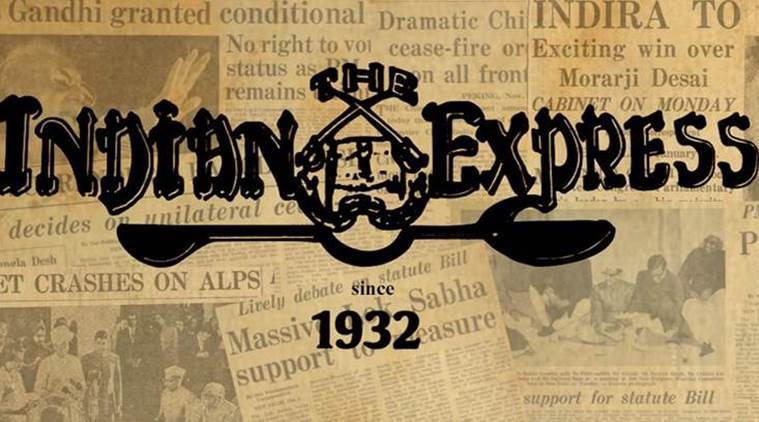 Emmanuel Macron, a self-styled champion of the globalised, liberal order, is walking quite the tightrope.
Emmanuel Macron, a self-styled champion of the globalised, liberal order, is walking quite the tightrope.
For a brief moment there, it seemed like the Emmanuel Macron-Donald Trump bromance was set to emulate Tony Blair-George Bush. There were heartfelt bisous (both cheeks), manly handshakes, and even a classic Art of the Deal-like power move by Trump — removing an (imagined?) speck of dandruff of Macron’s suit. But Macron, it turns out, wanted to eat his cake and have it too. Addressing the US Congress hours later, he invoked themes and ideas antithetical to the Trump’s worldview. On climate change, he hoped that the US would come around to the Paris Accord. Macron also took a dig at backward-looking nostalgia, xenophobia and isolationism to a standing ovation.
Macron, a self-styled champion of the globalised, liberal order, is walking quite the tightrope. After all, it was less than two decades ago that the Franco-American culture war was at its height. President George Bush’s adventures in West Asia, searching for weapons of mass destruction did not find support in Paris, and a call to boycott a full-bodied Bordeaux for a Nappa Valley pinot noir, the sharpness of Roquefort for a Wisconsin cheddar, gained ground in middle America. For the barbecue nation, with its soldiers of and for democracy, the liberal elite’s love of all things French was only further proof of their effeteness. During his brief sojourn in Washington, Macron has done his best to get both these opposing US constituencies on his side.
The hard handshake for Trump, the attempt at an Obama-like flourish in defence of openness, and fighting climate change — taken separately and together — are certainly a testament to Macron’s political acuity. The relative newcomer to politics seems to have grasped what many of his more seasoned counterparts across the world have not — neither hugs or handshakes nor great idealism, alone, can form the core of a foreign policy.